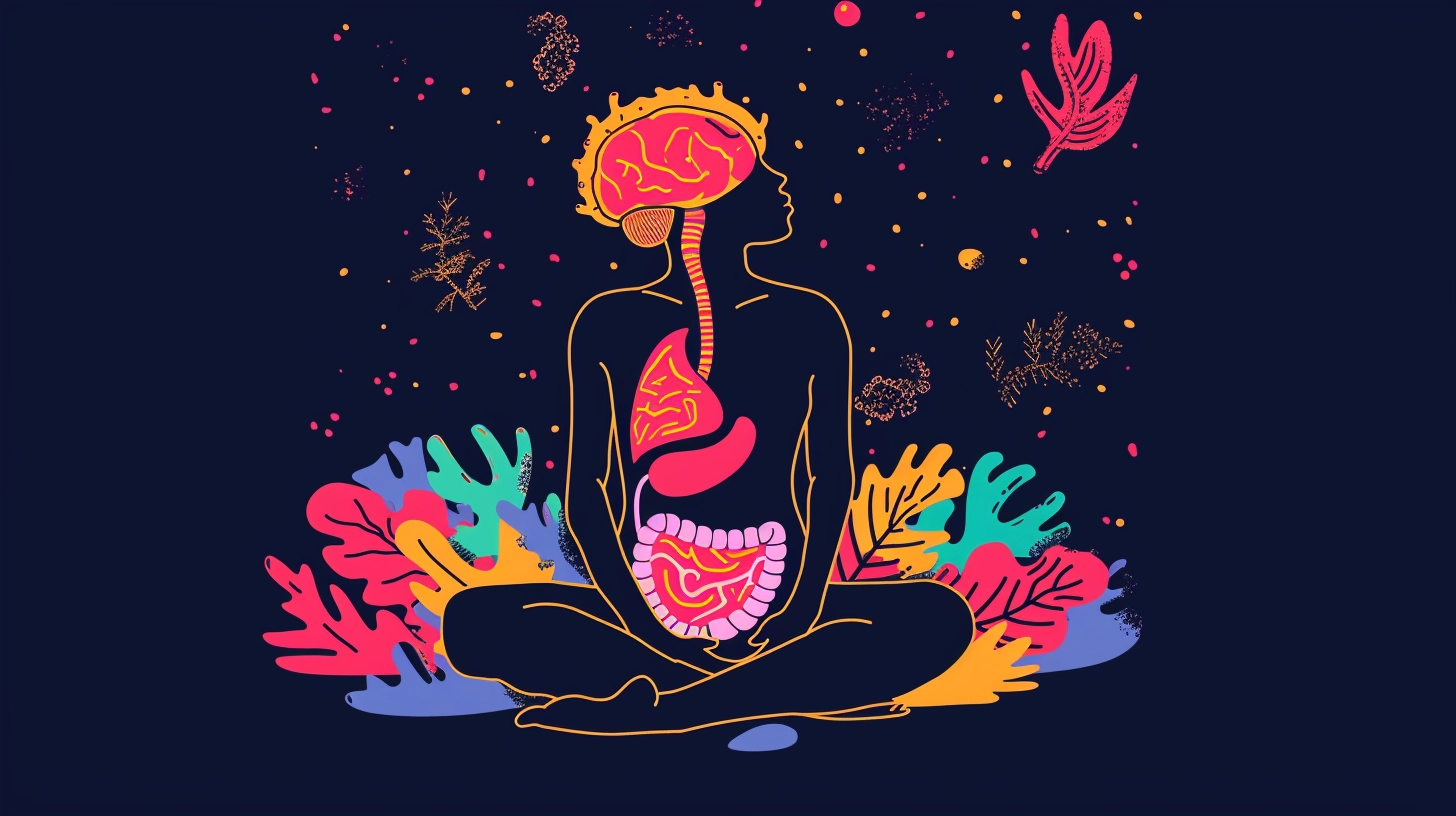Table of Contents
ToggleIn a world where physical health often takes precedence, mental health awareness stands as a beacon of hope, guiding individuals and communities towards greater understanding, compassion, and support for mental well-being. As we navigate the complexities of life, it’s crucial to shine a spotlight on mental health, destigmatize conversations around mental illness, and promote avenues for empowerment and healing. Let’s delve into the importance of mental health awareness and its transformative impact on individuals and society as a whole.
Recognizing the Importance of Mental Health
Mental health encompasses our emotional, psychological, and social well-being, influencing how we think, feel, and behave in our daily lives. Just as we prioritize physical health through regular exercise, balanced nutrition, and preventive care, it’s equally essential to prioritize mental health by nurturing healthy coping mechanisms, seeking support when needed, and practicing self-care. By recognizing the interconnectedness of mind, body, and spirit, we can cultivate resilience, inner peace, and overall well-being, laying the foundation for a fulfilling and meaningful life.
Breaking Down Barriers and Stigma

Despite progress in recent years, mental health stigma remains a significant barrier to seeking help and accessing treatment for many individuals. Misconceptions, fear, and discrimination surrounding mental illness often lead to feelings of shame, isolation, and reluctance to disclose one’s struggles openly. However, by fostering open, honest conversations about mental health, we can break down these barriers and create a culture of acceptance, empathy, and understanding. Through education, advocacy, and storytelling, we can challenge stereotypes, dispel myths, and empower individuals to seek help and support without fear of judgment or discrimination.
Promoting Mental Health Awareness and Education
Education is a cornerstone of mental health awareness, empowering individuals to recognize the signs and symptoms of mental illness, support loved ones in crisis, and access appropriate resources and treatment options. Mental health literacy equips individuals with the knowledge and skills to navigate life’s challenges, cope with stressors, and build resilience in the face of adversity. By integrating mental health education into school curricula, workplace training programs, and community outreach initiatives, we can equip individuals of all ages with the tools and resources they need to prioritize their mental well-being and support others in their journey towards healing and recovery.
Fostering Supportive Communities and Resources
Community support plays a vital role in promoting mental health and well-being, providing individuals with a sense of belonging, connection, and validation. Supportive communities offer a safe space for individuals to share their experiences, seek guidance, and access peer support networks where they can find understanding, encouragement, and empathy. Additionally, access to mental health resources such as counseling services, support groups, crisis hotlines, and online forums can provide individuals with the support and guidance they need to navigate challenges, cope with stressors, and build resilience in their jonitogel login lives.
Embracing Holistic Approaches to Wellness
In addition to traditional mental health interventions such as therapy and medication, holistic approaches to wellness can complement and enhance mental health treatment by addressing the interconnected aspects of mind, body, and spirit. Practices such as mindfulness, meditation, yoga, art therapy, and nature immersion offer powerful tools for promoting self-awareness, self-care, and emotional regulation, leading to greater balance, harmony, and vitality in one’s life. By embracing holistic approaches to wellness, individuals can cultivate a sense of wholeness and integration, nurturing their mental, emotional, and spiritual well-being in tandem with their physical health.
Empowering Minds for Positive Change
Mental health awareness is not just a fleeting trend but a vital movement that has the power to transform lives, communities, and societies. By fostering understanding, empathy, and support for mental well-being, we can create a world where individuals feel seen, heard, and valued, regardless of their mental health challenges. As we continue to advocate for mental health awareness and education, let us stand together in solidarity, compassion, and hope, empowering minds for positive change and building a future where mental wellness is prioritized, celebrated, and nurtured for generations to come.
Understanding Mental Health Disorders
Mental health disorders, also known as mental illnesses, are conditions that affect a person’s thoughts, emotions, behavior, and overall functioning. These disorders can range from common conditions like anxiety and depression to more severe conditions such as schizophrenia and bipolar disorder. Mental health disorders can arise from a combination of genetic, biological, environmental, and psychological factors, and they can manifest in different ways depending on the individual and their circumstances.
Importance of Early Intervention and Treatment
Early intervention and treatment are essential for effectively managing mental health disorders and improving overall well-being. Recognizing the signs and symptoms of mental illness and seeking help promptly can lead to better outcomes and a higher quality of life for individuals affected by these conditions. Treatment options for mental health disorders may include therapy (such as cognitive-behavioral therapy or psychotherapy), medication, support groups, lifestyle changes, and complementary therapies. It’s essential to work closely with healthcare professionals to develop a personalized treatment plan that addresses individual needs and preferences.
Mental Health in the Workplace

Mental health in the workplace is a critical consideration for employers and employees alike. A positive work environment that prioritizes mental health can lead to increased productivity, job satisfaction, and overall well-being for employees. Employers can support mental health in the workplace by promoting work-life balance, providing access to mental health resources and support services, offering employee assistance programs (EAPs), and fostering a culture of open communication and psychological safety. Employees can also take proactive steps to prioritize their mental health at work, such as setting boundaries, practicing self-care, and seeking support when needed.
Mental Health and Stigma
Stigma surrounding mental illness remains a significant barrier to seeking help and accessing support for many individuals. Stigma can lead to feelings of shame, embarrassment, and isolation, preventing people from disclosing their struggles or seeking treatment. Addressing mental health stigma requires raising awareness, challenging stereotypes, and promoting empathy and understanding. By fostering open, non-judgmental conversations about mental health, we can create supportive environments where individuals feel comfortable seeking help and support without fear of stigma or discrimination.
Mental Health and Resilience
Building resilience is an essential aspect of maintaining good mental health and coping with life’s challenges. Resilience refers to the ability to bounce back from adversity, adapt to change, and thrive in the face of setbacks. Strategies for building resilience may include developing healthy coping mechanisms, cultivating strong support networks, fostering a positive mindset, practicing mindfulness and self-compassion, and seeking professional support when needed. By nurturing resilience, individuals can better navigate life’s ups and downs and maintain their mental well-being over time.
Mental Health and Society
Mental health is not just an individual concern but also a societal issue that requires collective action and investment. Addressing mental health at the societal level involves promoting policies and practices that prioritize mental health, increasing access to mental health services and resources, reducing stigma and discrimination, and promoting mental wellness and resilience across communities. By working together to create supportive, inclusive environments that prioritize mental health, we can build a more compassionate and resilient society for everyone.

